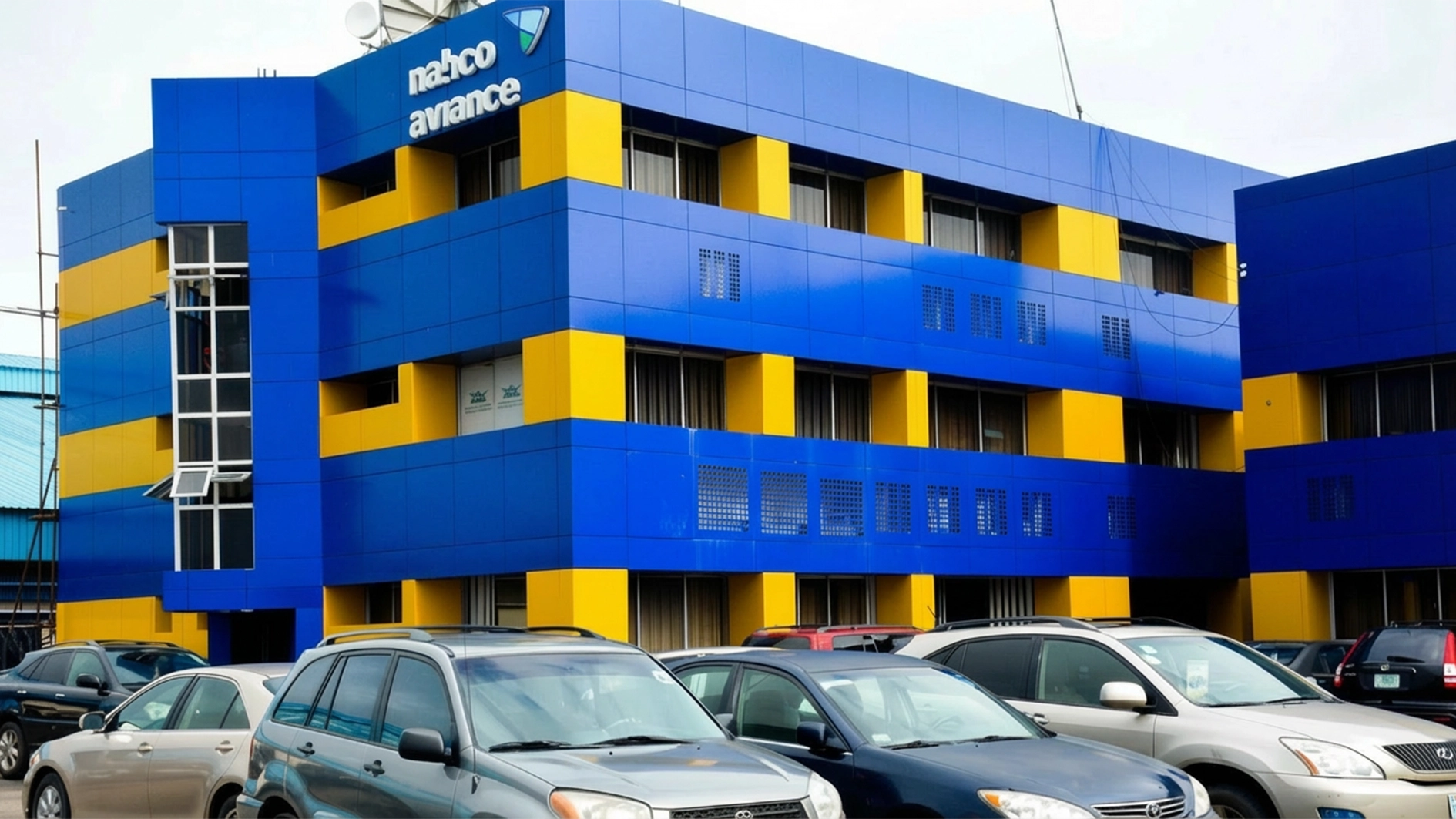
Nigeria and other World Trade Organisation (WTO) members, which were among the first to formally accept the Fisheries Subsidies Agreement, have called on other member-States to do the same to ensure entry into force of the historic agreement for ocean sustainability.
Nigeria’s ambassador and high-level representatives of Canada, the European Union, Iceland, Singapore, Switzerland, the United Arab Emirates and the United States, highlighted the agreement’s importance to a variety of economies and shared experiences with domestic acceptance processes at the recent WTO Agreement on Fisheries Subsidies meeting.
Angela Ellard, Deputy Director-General, WTO, noted that formal acceptances from two-third of all 164 WTO members needed to be secured, for the agreement to enter into force. “We are aiming to secure this agreement’s entry into force by the 13th Ministerial Conference next February in Abu Dhabi.
This urgency is for the sake of ocean sustainability, which is an important matter for all WTO members. Indeed, all of our members depend on a sustainable source of fish and on a healthy ocean ecosystem, whether they boast a long coast or whether they are landlocked. The good news is that we have received 10 instruments of acceptance and therefore are about one-third of the way there,” she said.
The panelists at the event included Adamu Mohammed Abdulhamid of Nigeria; Didier Chambovey of Switzerland; Einar Gunnarsson of Iceland, Maria Pagan of the United States; Hung Seng Tan of Singapore; Nadia Theodore of Canada; Director of the Office of the United Arab Emirates to the WTO, Abdelsalam Mohamed A. Al Ali and Deputy Head of the Permanent Mission of the European Union, Hiddo Houben.
Mohammed Abdulhamid and others explained why it was urgent to formally accept the agreement, citing the need to prevent the depletion of ocean resources, secure food and livelihoods for people and uphold multilateralism.
Speakers also shared their experiences completing domestic processes to achieve the formal acceptance of the agreement. Common enabling factors identified by the speakers as contributing to a speedy domestic process included involving capital-based authorities early on in the negotiations to build a common understanding of the agreement, coordinating across various ministries, and engaging non-governmental stakeholders to lend additional support for it.






